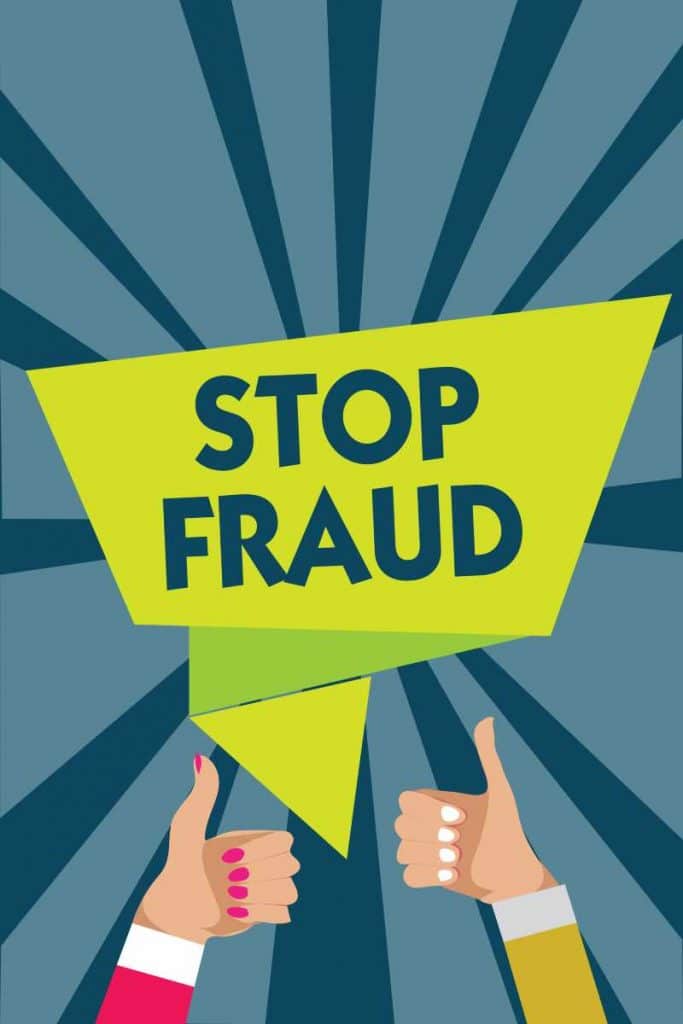Crypto Mining Scam
Crypto mining is the process of making new cryptocurrency. Cryptocurrency is produced through computers that perform complex operations.
Of course, it takes a tech whiz to understand these complex problems. Bitcoin mining gives everyday people the chance to participate in this process even if they don’t have advanced technical knowledge.
This is how crypto mining scams flourish. They take advantage of people who don’t know very much about how bitcoin is mined and promise them they will make a fortune. Although there are many legitimate forms of cryptocurrency mining, unfortunately, crypto mining scams abound.
Crypto Romance Scam
Many people look for love online – and end up with more (or less) than they bargained for. Most of us are familiar with catfishing frauds where people pretend to be someone else.
They may flirt, charm and cajole, but it isn’t long before the conversation turns financial. A few signs of a crypto romance scam include the refusal to do actual video chat and always–there is a request for money.
WhatsApp Crypto Scams
WhatsApp is a convenient way to communicate with friends, co-workers and groups of people. However, most of us have seen WhatsApp spam advertising get-rich-quick deals. It’s important to understand that any legitimate financial service won’t spam you on WhatsApp.
Another common form of WhatsApp crypto scam are those that start on other platforms, such as social media, and they urge people to allow the conversation to continue on WhatsApp. Since there is very little fraud patrolling on WhatsApp, these fraudsters think they can get away with it.
Instagram Crypto Scams
Instagram, Twitter, Facebook, and TikTok have become hotbeds of crypto fraud. Instagram crypto scams are among the most common. It’s important to understand that no legitimate crypto broker will use social media as their sole platform to get new customers. It’s best to be skeptical of any digital currency deal advertised on social media.
NFT Crypto Scams
The idea behind NFTs – or non-fungible tokens – was to reduce fraud and to prove authenticity. These digital files can protect rights to artwork, documents and trademarks.
However, the NFT market has been flooded with ill-intentioned users and there are plenty of counterfeit NFTs as well as NFT crypto scams. Some of these include rug pull frauds, in which people look for investors in an NFT, take their money, and disappear. NFT phishing is also common – scammers will try to get your account details and then hack NFTs.
USDT Crypto Scams
USDT or Tether is a type of stablecoin, which means it’s cryptocurrency linked to fiat currency or another stable asset. One common type of USDT crypto scam is phishing. People receive messages claiming they won thousands of dollars worth of USDT and are given a link to claim the prize. Instead, the link gives the fraudster all of their personal information.









